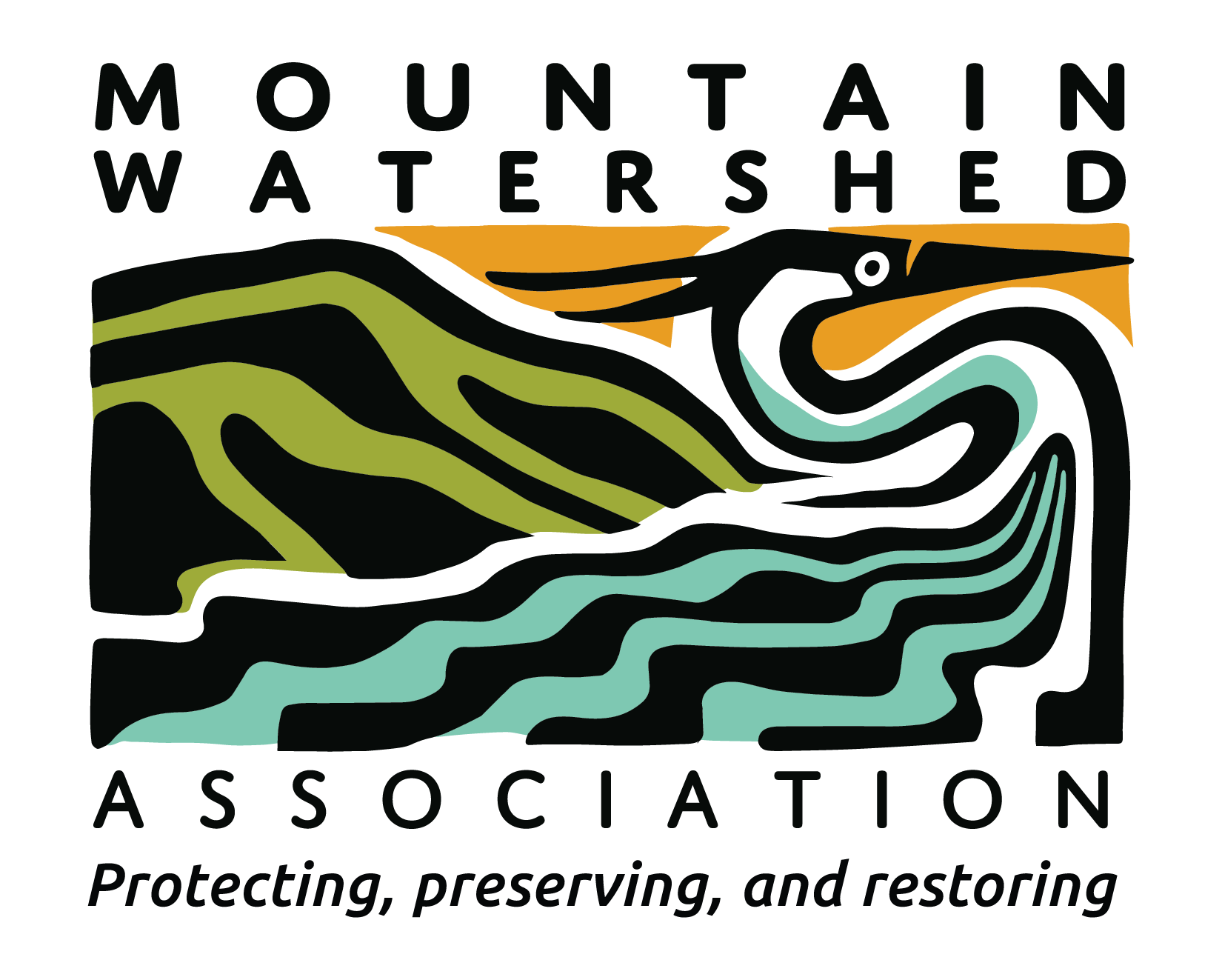While COVID-19 grips public health and the economy, coal mining operations in Pennsylvania are proceeding at full speed. On the eve of Governor Wolf’s address closing “non-essential” business, coal mining and associated activities were granted essential business status. This puts coalfield communities, and mine workers, at an increased risk to their health and safety. Since state agencies such as the Department of Environmental Protection (DEP) cannot do on-site inspections, they are unable to monitor operations and cannot enforce permit conditions – or any rules of health, safety, or environmental protections.
Unfettered mining activity puts residents at risk in another unique way, because active mining also necessitates pre-mine surveys. The surveys are a regulatory mechanism used to protect homeowners from carrying the financial burden of damage caused by mining. They are generally to be completed before an underground mine reaches within roughly 1,000 feet of a structure. Because mines are continuing to expand their underground footprint at this time, pre-mine surveys are continuing as well. The purpose of the survey is to use photographs and written observations to thoroughly document any defects or damages in a structure that precede the house being undermined. Baseline water quality and quantity measurements are also taken during this survey.

If, after the building is undermined, the pre-mine survey shows that related damage was done afterwards, the coal company is presumed to be legally and financially responsible. However, if a property owner refuses to allow a mine operator access to their property to conduct a pre-mining survey, then the company is no longer legally presumed liable for damage.
This process requires inspectors to enter resident’s homes, touching light switches, door knobs, and other surfaces in community members’ homes. While some engineering firms are requiring inspectors to wear gloves, this is not a sufficient means of protecting households. This is particularly true as scientists are continuing to discover new means of transmission of COVID-19.
One survey, conducted in mid-March in Westmoreland County, involved two inspectors and a representative of a coal mine operator. The inspectors wore gloves while the mine representative did not, despite requests from the home owners. None of them wore masks.
The community members informed the inspectors and mine representative of their pre-existing health conditions, noting both their health and age as factors putting them at significant risk for the worst of COVID-19 symptoms. Inspectors reminded the home owners that they called two days prior to the inspection to confirm that it was okay to proceed with the pre-mine survey. A question was posed to the representative of the mine: would the operator undermine the house even if the household declined a pre-mine survey due to fears for their safety? The answer was yes.
“We were given a pre-mine survey right as the coronavirus was ramping up in Pennsylvania. They came with no little-to-no protective equipment, and we were put in a catch-22. We had no clue, and they wouldn’t provide us any information as to where the mine was underground. If we turned down the survey, it would serve as us waving our rights and we would have been undermined anyway. It’s infuriating because we have no recourse,” said the Westmoreland County resident who felt obligated to allow the survey despite the risk to their health.
Many of the residents in Pennsylvania’s coalfield communities are elderly. They have underlying conditions, including respiratory ones, and so are at high risk for the severest manifestations of the COVID-19 virus. People are inclined to deny access for a pre-mining survey, in order to protect their health and safety and follow the guidelines set out by national and world health organizations. Their refusal may be taken as a denial of access, which ultimately strips residents of their legal protections. Without the legal presumption, residents must fight costly legal battles in court to prove any damage was caused by mining.
For these reasons, the DEP should use its power to mitigate the coal industry’s impact on the broader health of our communities. Pre-mine surveys for houses and water supplies outside of a 30-degree angle of draw of active mining should be delayed. In other words, if a home or water supply is not expected to see any impacts for 6-months, they should be delayed. If houses or water supplies are expected to be impacted within 6-months, the DEP should require both gloves and masks to be worn by inspectors. Coal-mine operators should be required to ensure that inspectors are not showing any COVID-19 symptoms and have not interacted with anyone diagnosed with COVID-19. By adopting these guidelines, we believe the DEP will provide as thorough protections as possible should mine operations continue.
These are critical measures but will not ultimately eliminate the many threats created when mining operations are allowed to continue without proper agency oversight. We hope that these are the first in many steps taken to limit mining activities to only those that can be done safely. Sign on to a letter to the DEP asking them to take these safety measures to protect the public.

